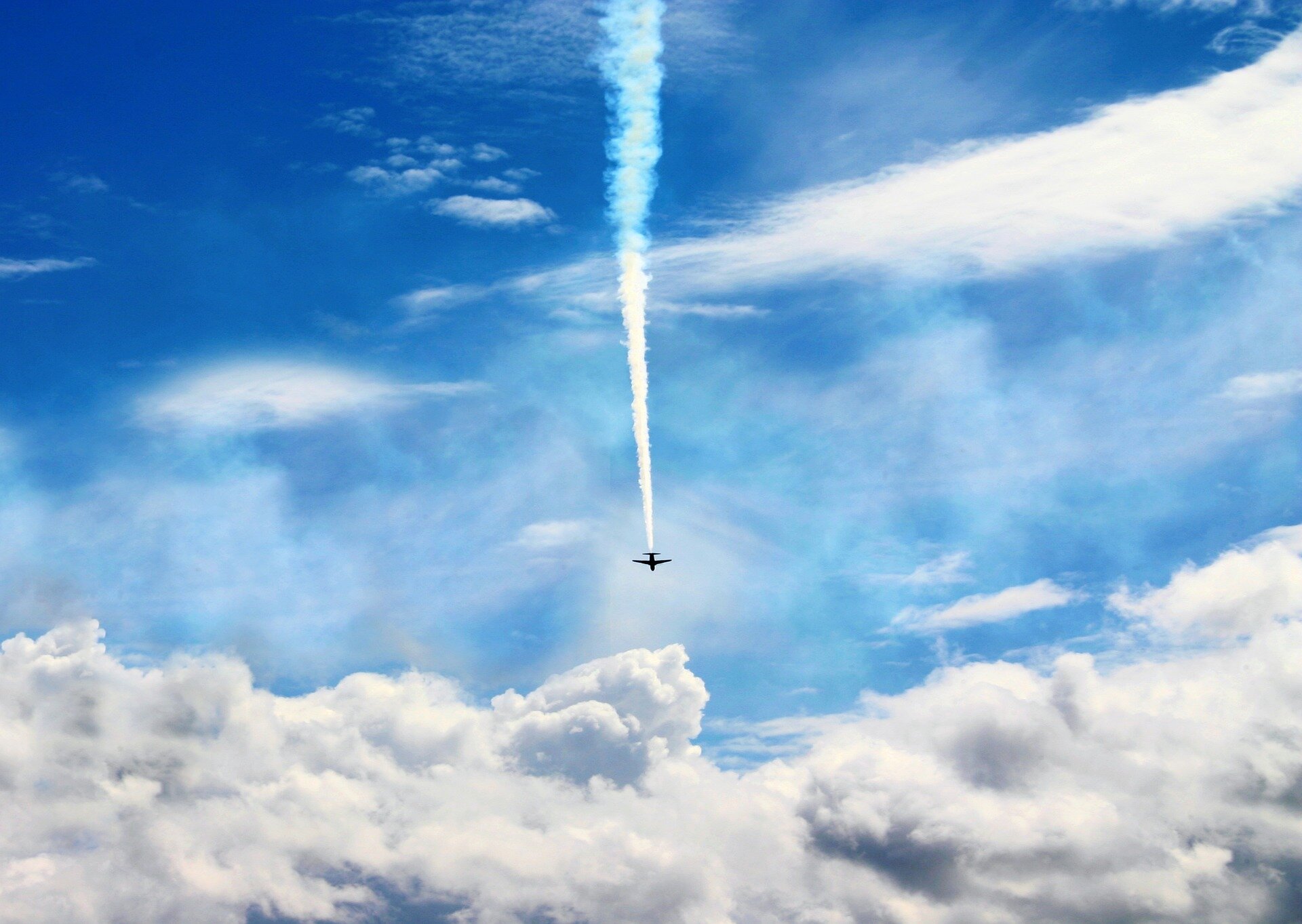Led by scientists at Imperial College London, the study highlights the immense challenges the aviation industry faces to reduce its impact on the climate. The new study also found that private jets produce more contrails than previously thought, potentially leading to outsized impacts on climate warming.
Contrails, or condensation trails, are thin streaks of cloud created by aircraft exhaust fumes that contribute to global warming by trapping heat in the atmosphere.
While the exact warming effect of contrails is uncertain, scientists believe it is greater than warming caused by carbon emissions from jet fuel.
Published in Environmental Research Letters, the study used machine learning to analyze satellite data on more than 64,000 contrails from a range of aircraft flying over the North Atlantic Ocean.


I’m skeptical that a cloud that persists for a few (minutes? hours?) could have more global warming impact than CO2 that persists for years. Has this been peer-reviewed? Have other researchers endorsed their methodology?
More info on the cloud formed behind the aircraft or contrail are in the study itself (see link above). If I got it right it is observable from satellite 30 min behind the aircraft, for less than an hour.
In relation to your question on if it has been peer reviewed, I could say that to my understanding this is a standard policy of IOP Science (details here).